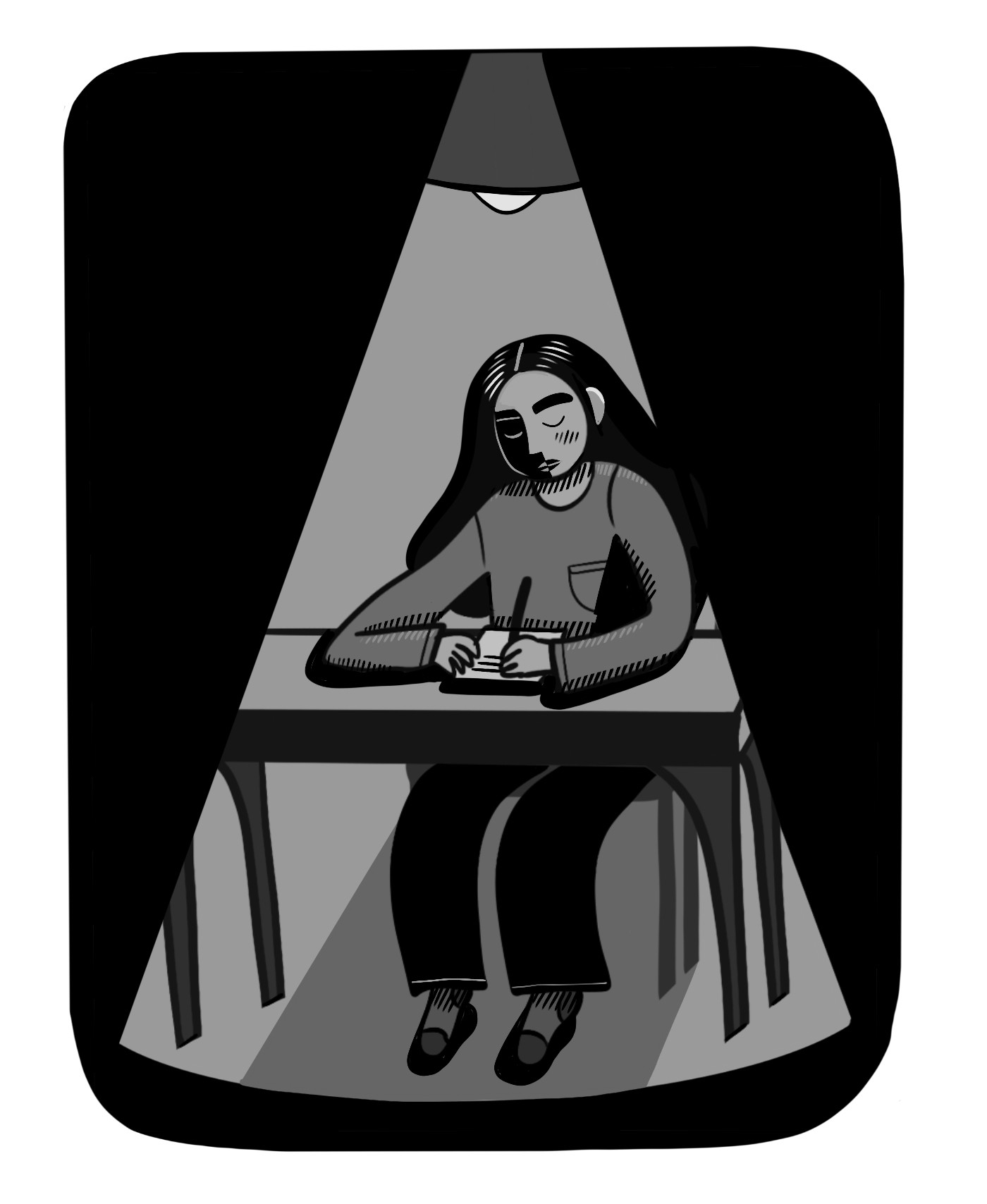Groups that provide legal services to asylum seekers are struggling under new regulations set by the Trump Administration.
The administration has taken several steps this year to discourage asylum-seekers from entering the U.S., effectively barring immigrants from certain countries. At the University of Minnesota and across the state, groups are scrambling to meet the demands of these regulations when assisting asylum seekers.
Veena Iyer is the executive director at the Immigrant Law Center of Minnesota, a statewide organization that provides free legal services to low-income immigrants and refugees.
Iyer said one of Trump’s proposed policies would charge asylum-seekers an unprecedented application fee. The same policy would steeply increase existing fees and eliminate nearly all fee waivers, which would make it especially hard for the low-income immigrants she works with, Iyer said.
The constant influx of new laws has put strain on ILCM. Iyer said the organization has seen more asylum requests get denied, which has made it difficult to advise clients on how to apply.
“Literally, the law is changing every day,” Iyer said. “Our staff has really been having to change the way that we’re approaching cases and change the way that we’re advising clients on a daily basis.”
The Asylum Law Project is a University of Minnesota group that allows first-year law students to provide legal assistance to organizations working with refugees and asylum seekers throughout the U.S. and Mexico. Students receive training and complete service trips over winter and spring breaks, according to ALP member Sarani Rangarajan.
Cayli Posch, ALP president and second-year law student, described the administrative law system — the category of law that immigration falls under — as “broken” and subject to turbulent changes under the Trump Administration.
“It’s absolute chaos, to be completely honest,” she said. “It’s like you almost never know when something that’s been long-established is all of the sudden going to be overturned.”
The regulations have created new challenges for student workers who already face difficulties during their work at or near the southern border.
In an effort to strengthen their chances of getting approved, students sometimes have to evaluate potential asylum seekers and assign them to specific categories. According to Posch, the definition of qualifying factors for asylum have been narrowing under the Trump administration, meaning that student workers often must find very specific aspects of clients’ stories that fit the new interpretations. Posch said the pressure to find niche factors can lead to difficult conversations with clients.
“You really have to dig in with the clients into really horrible things,” she said. “You’re almost happy to hear that they might have been persecuted for a different reason, even though that’s horrible to think about.”
Last year, Posch worked at an immigrant center that housed fathers and sons, an experience she still carries with her.
“I still have a name tag from a 3-year-old that gave me his little masking tape name tag in a box in my room,” Posch said. “I was working with another girl and she was trying to interview the father about his wife being assaulted and murdered, while I’m trying to distract the 3-year-old kid because the ‘child care’ in the detention center was closed for the day.”
She also recounted stories involving a student working with an 11-year-old child whose family was seeking asylum after he witnessed his friend being murdered by a gang. She also remembered working at a center that held a 1-year-old baby who’d been experiencing diarrhea for 21 days without access to a medical professional.
Much of the work ALP members do and the things they experience during their trips can be distressing, something that Posch said ALP is actively working to address. She said that along with trying to get secondary trauma training, she encourages students to seek counseling before their trips.
“It’s horribly traumatic for a lot of these students to go into these situations,” she said.














